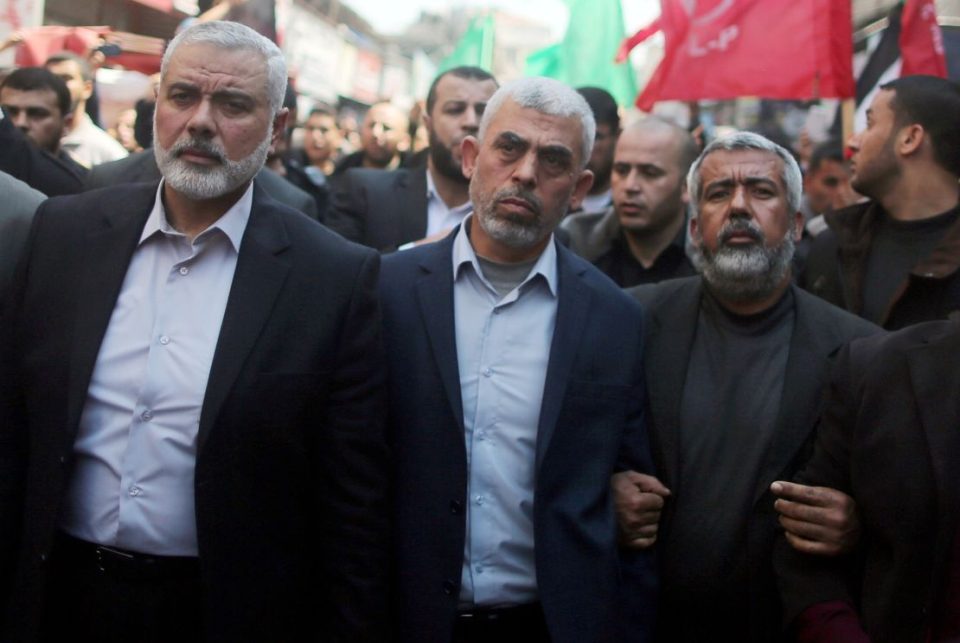The recent death of Hamas leader Yahya Sinwar, following an Israeli military strike, has intensified the ongoing conflict in Gaza, marking a significant development in the war. Israeli forces successfully killed Sinwar in a targeted operation, a move that Prime Minister Benjamin Netanyahu described as a “major victory.”
In the wake of the assault, Israeli officials have reiterated their commitment to dismantling Hamas’s infrastructure, yet many experts caution that Sinwar’s death does not signify the end of the hostilities. The conflict, which has already resulted in substantial casualties on both sides, is far from resolved.
On the day of the strikes, tensions escalated with violence still raging within Gaza. Reports indicate that at least 25 Palestinians were killed in Israeli raids targeting what officials claimed was a Hamas command center. However, local doctors have expressed concerns that many of the wounded treated in hospitals were civilians.
Amidst these developments, a snapshot of emotions across Gaza stays grim with ongoing fears about the hostages held by Hamas. The families of over 100 individuals taken during earlier attacks have reiterated calls for action to secure their loved ones’ release.
In a shocking twist, Israeli military operations, once described as a necessary measure for national security, have drawn heavy scrutiny and condemnation from humanitarian organizations, emphasizing the urgent need for comprehensive humanitarian aid. The aerial assaults have intensified, prompting a response from international bodies calling for a ceasefire to protect innocent lives.
Despite the Israeli government’s declaration of success following Sinwar’s death, the persistent violence and retaliatory strikes indicate that the cycle of conflict continues unabated. Historical patterns show that even after the elimination of key leaders, Hamas has consistently found successors, suggesting that the organization will endure despite leadership changes.
As the war continues, both sides grapple with the ramifications of ongoing hostilities, and the international community watches closely, seeking to navigate the complexities of a deeply entrenched conflict that has become a humanitarian crisis.
Credit: BBC News




